
Slaughterhouses may be hotspots for the transmission of antimicrobial resistant pathogens. To obtain information on the antimicrobial resistance landscape in Kenyan slaughterhouses, a team of scientists from the International Livestock Research Institute and others collected swabs of the environment, animal carcasses, and workers.
The CGIAR Antimicrobial Resistance Hub, hosted by the International Livestock Research Institute, applies a One Health approach to support efforts in low- and middle-income countries to mitigate risks of agriculture-associated antimicrobial resistance. The hub supports the development of evidence-based interventions that are locally relevant and applicable.
We conduct context-driven and systems-oriented research that combines social and biological sciences. With AMR research in agriculture and aquaculture and understanding linkages to public health outcomes, we can reap solutions emerging from our transdisciplinary approach.
We aim to reduce and refine AMU in agriculture and aquaculture and its impact on the environment, and to facilitate evidence-based communication around agriculture-associated AMR. This will help to mitigate AMR risks for people and contributes to improving the sustainability of global food and health systems.
The implementation framework of our strategy is organized into five pillars.
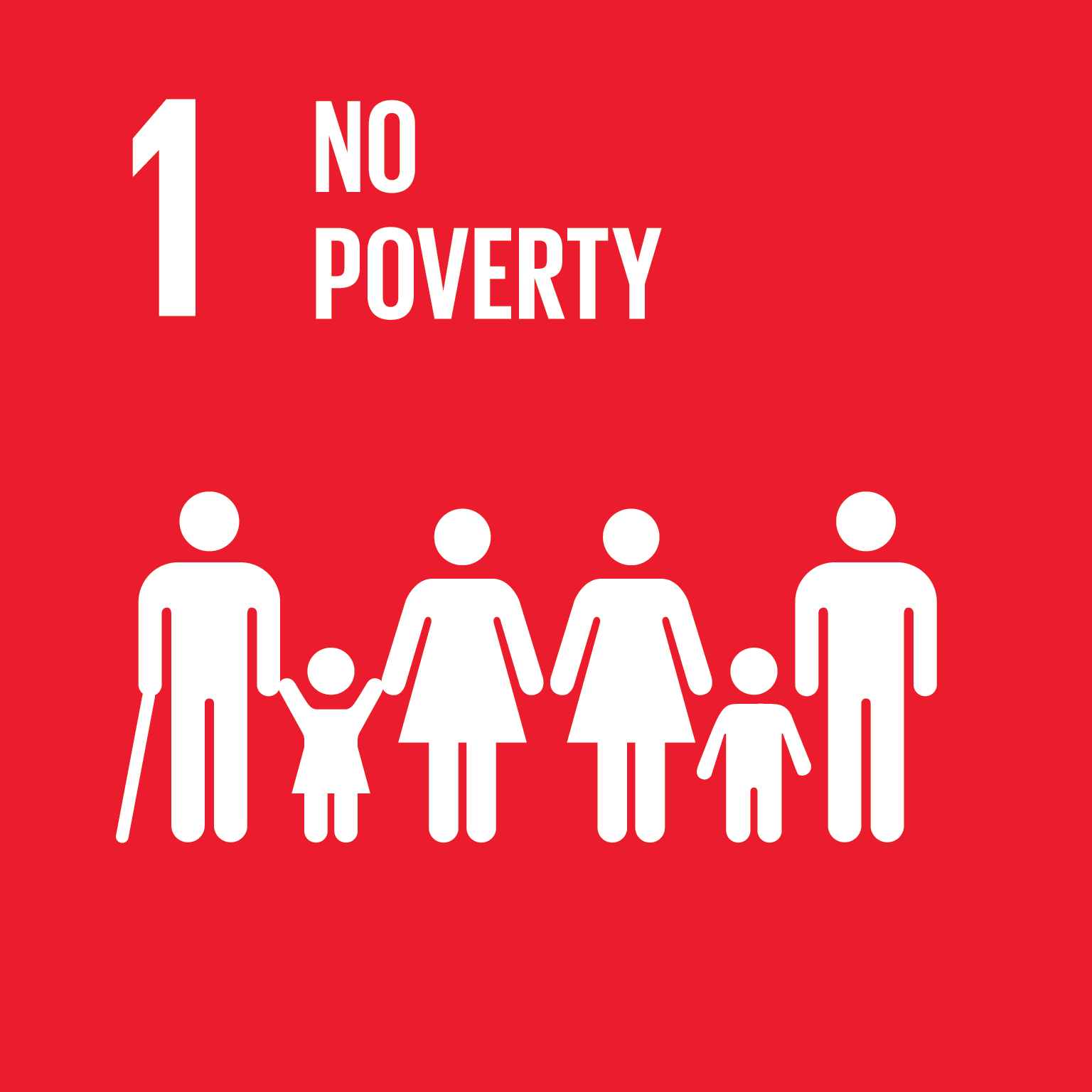
Judiciously addressing antimicrobial resistance is especially important in low- and middle-income countries, where poverty exacerbates cycles of inequity
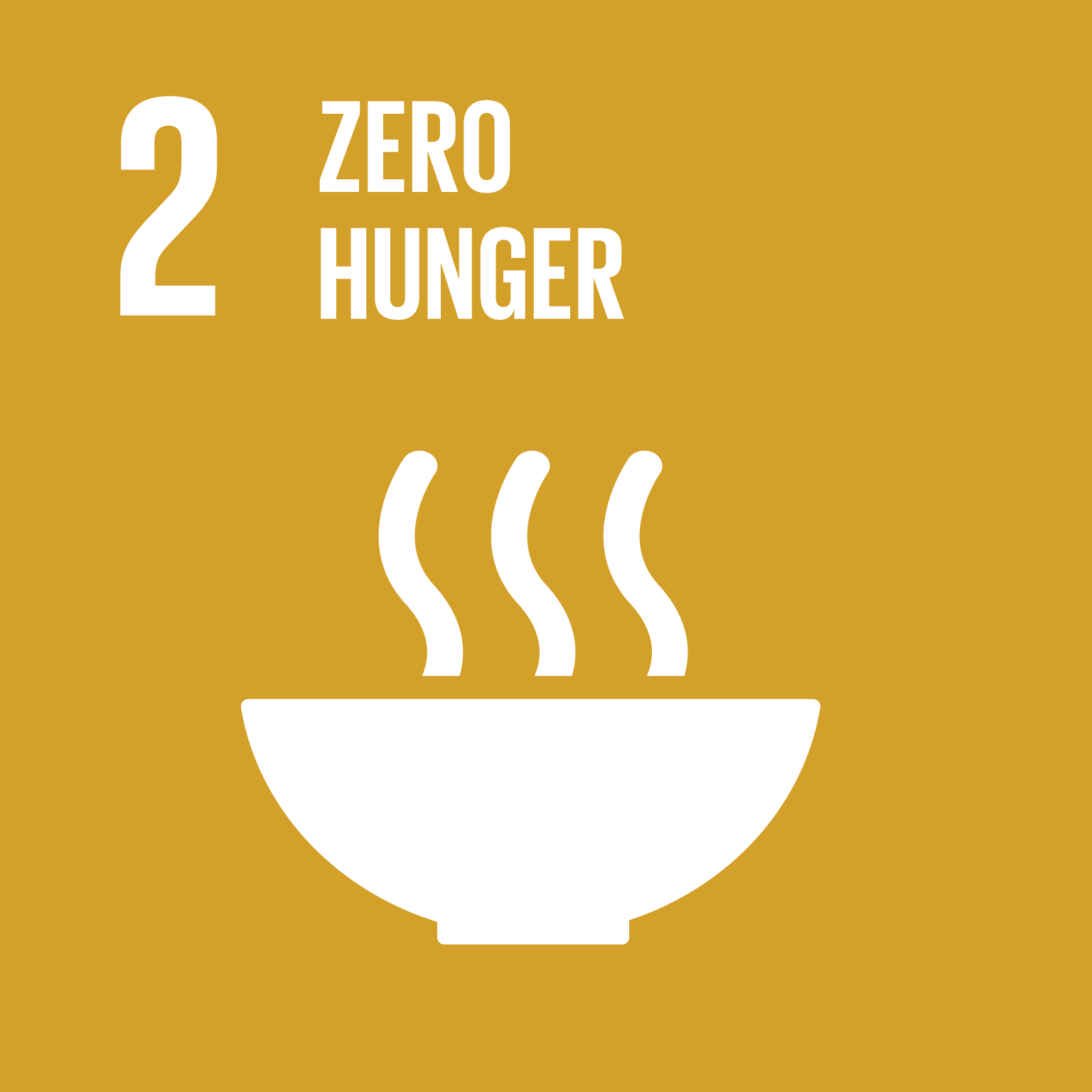
Tackling antimicrobial resistance helps sustain small-scale agriculture and aquaculture and improve poor people’s access to nourishing food
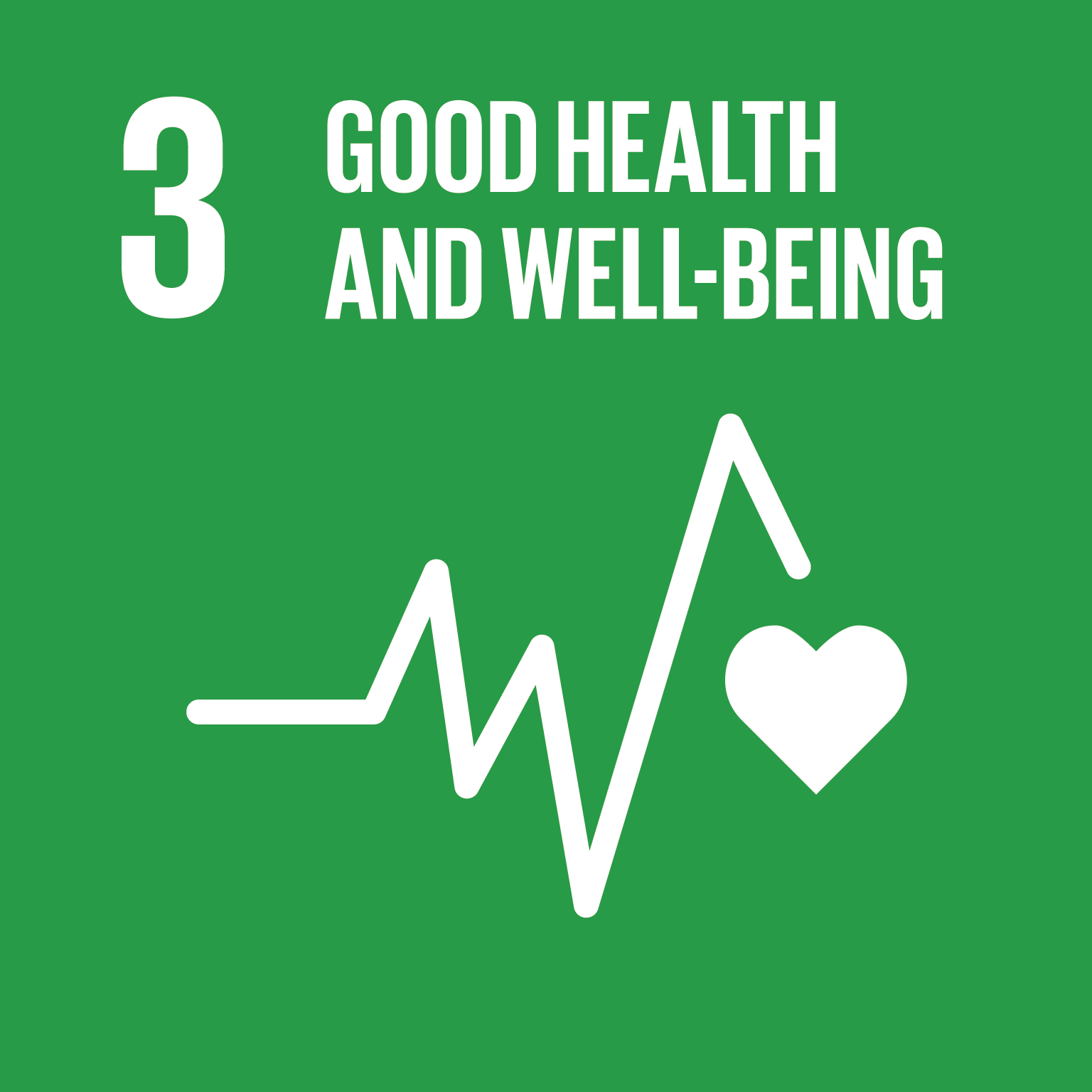
Particularly in poorer countries already facing a high disease burden, antimicrobial resistance increases the likelihood that medical and veterinary treatments will fail
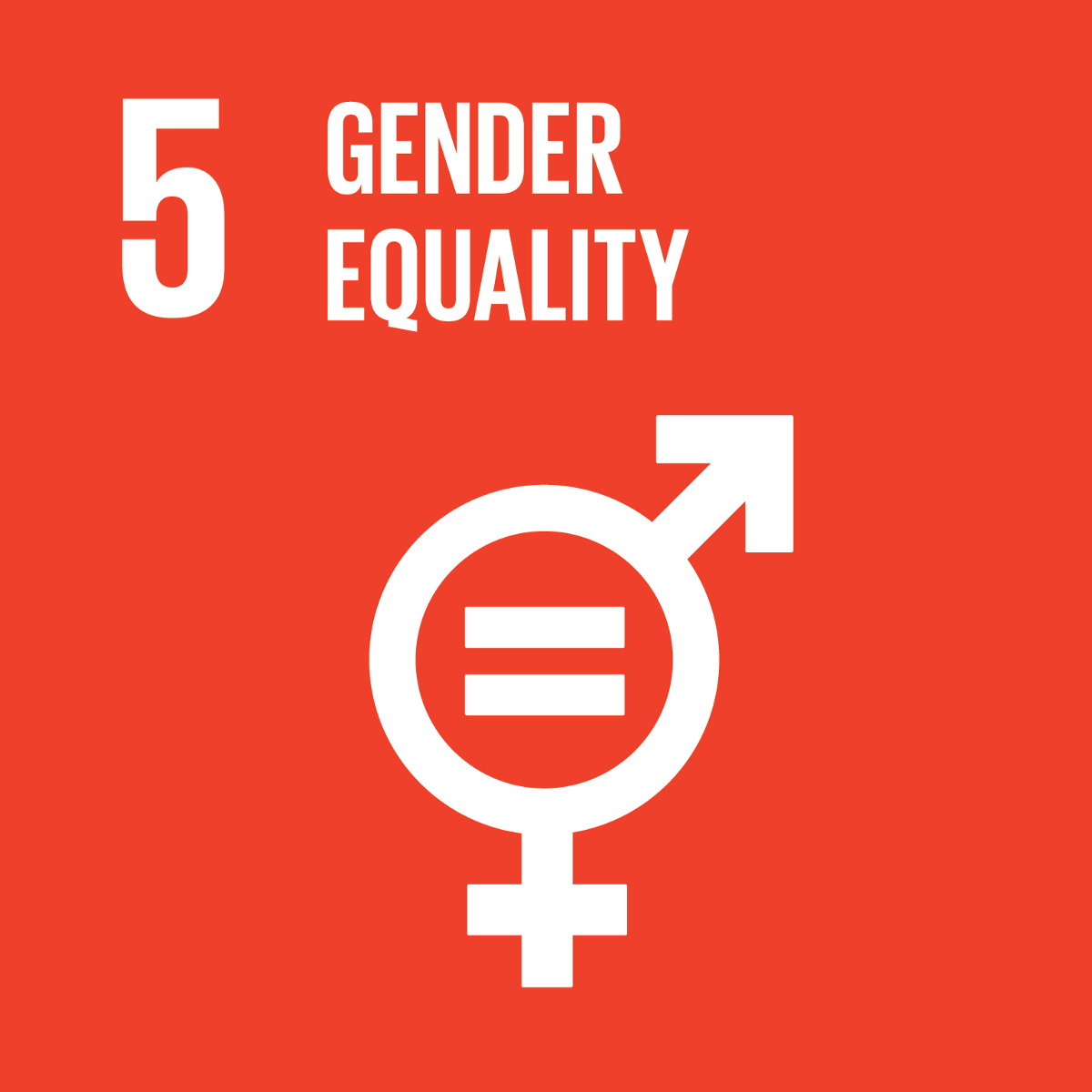
The problem of antimicrobial resistance can exacerbate gender inequality by increasing the risks faced by female primary caregivers of contracting antimicrobial-resistant infections
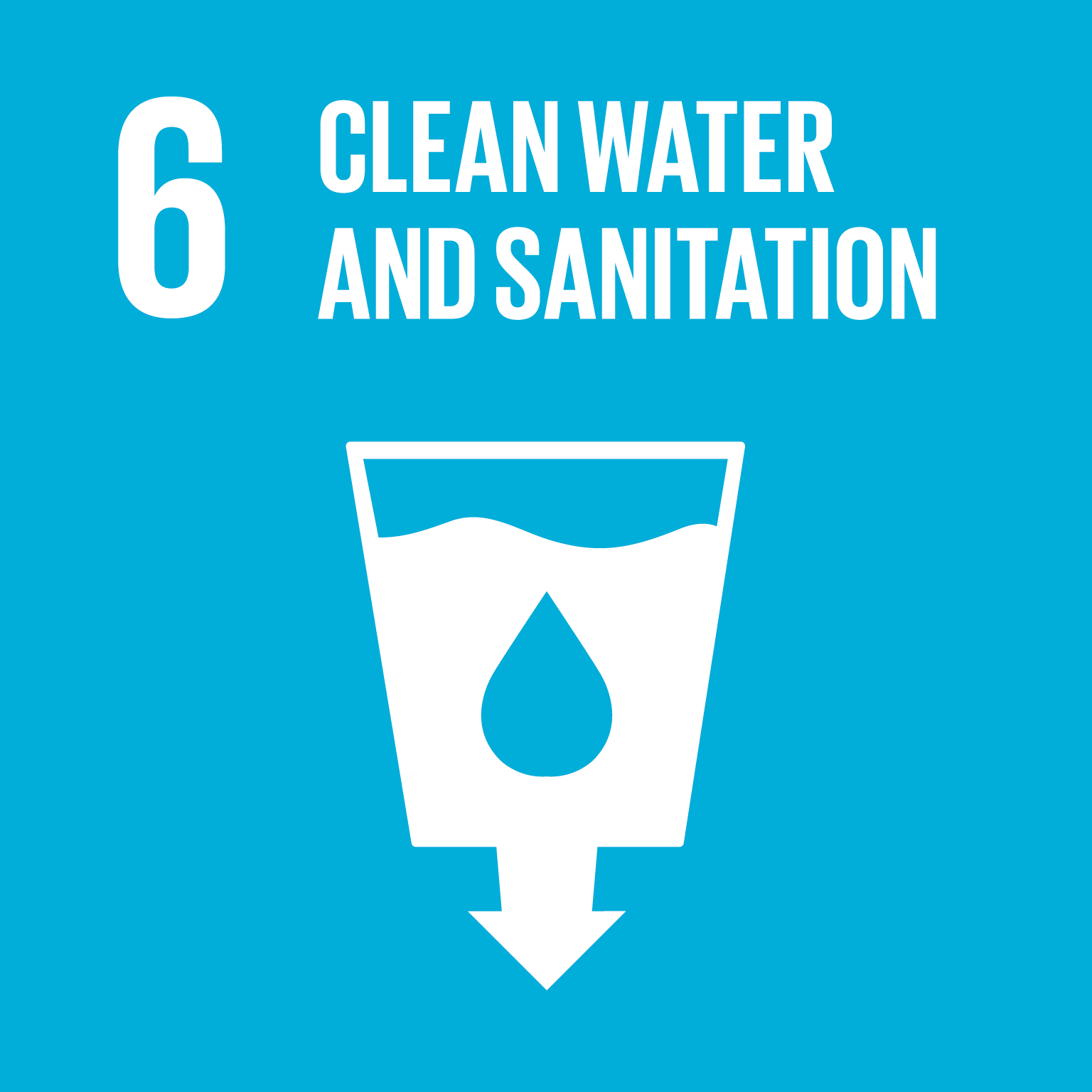
Over- and misuse of antibiotics and other antimicrobial drugs can contaminate soil and water resources, endangering people’s access to safe drinking water
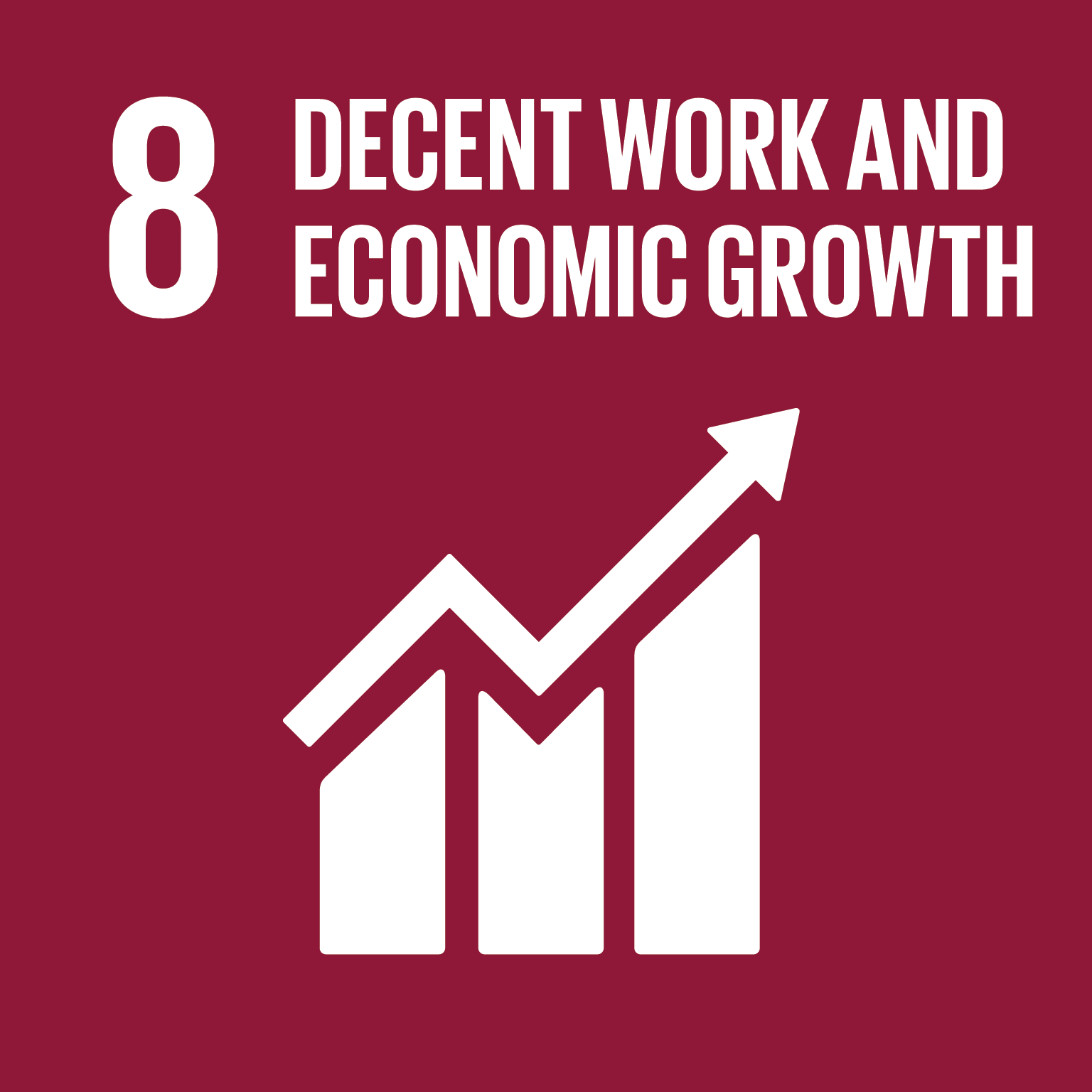
It has been estimated that if not stemmed, antimicrobial resistance could cost the global economy up to USD100 trillion by 2050
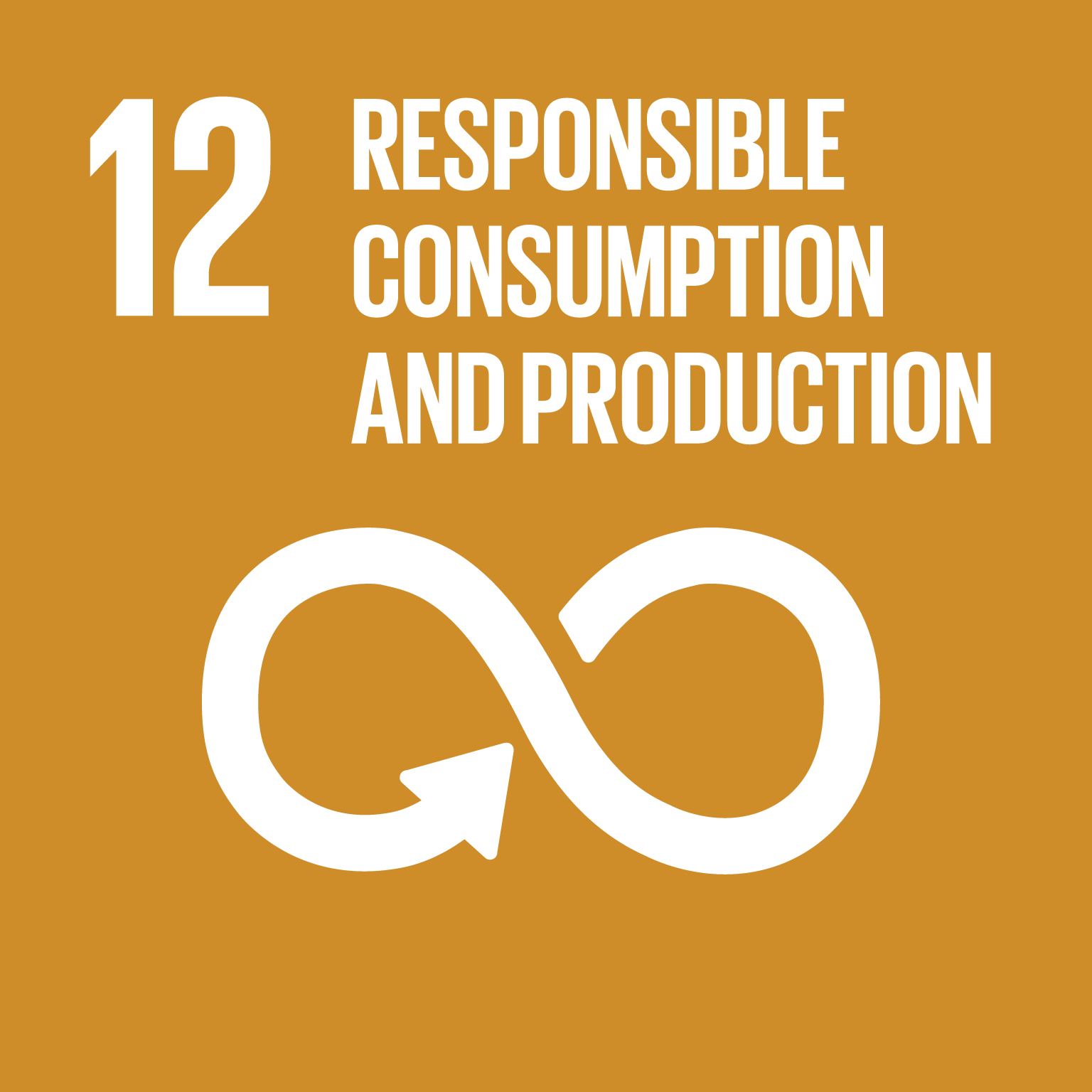
Rational use of antibiotics and other antimicrobial drugs in good animal and fish husbandry practices is key to safeguarding the longer-term effectiveness of these important drugs
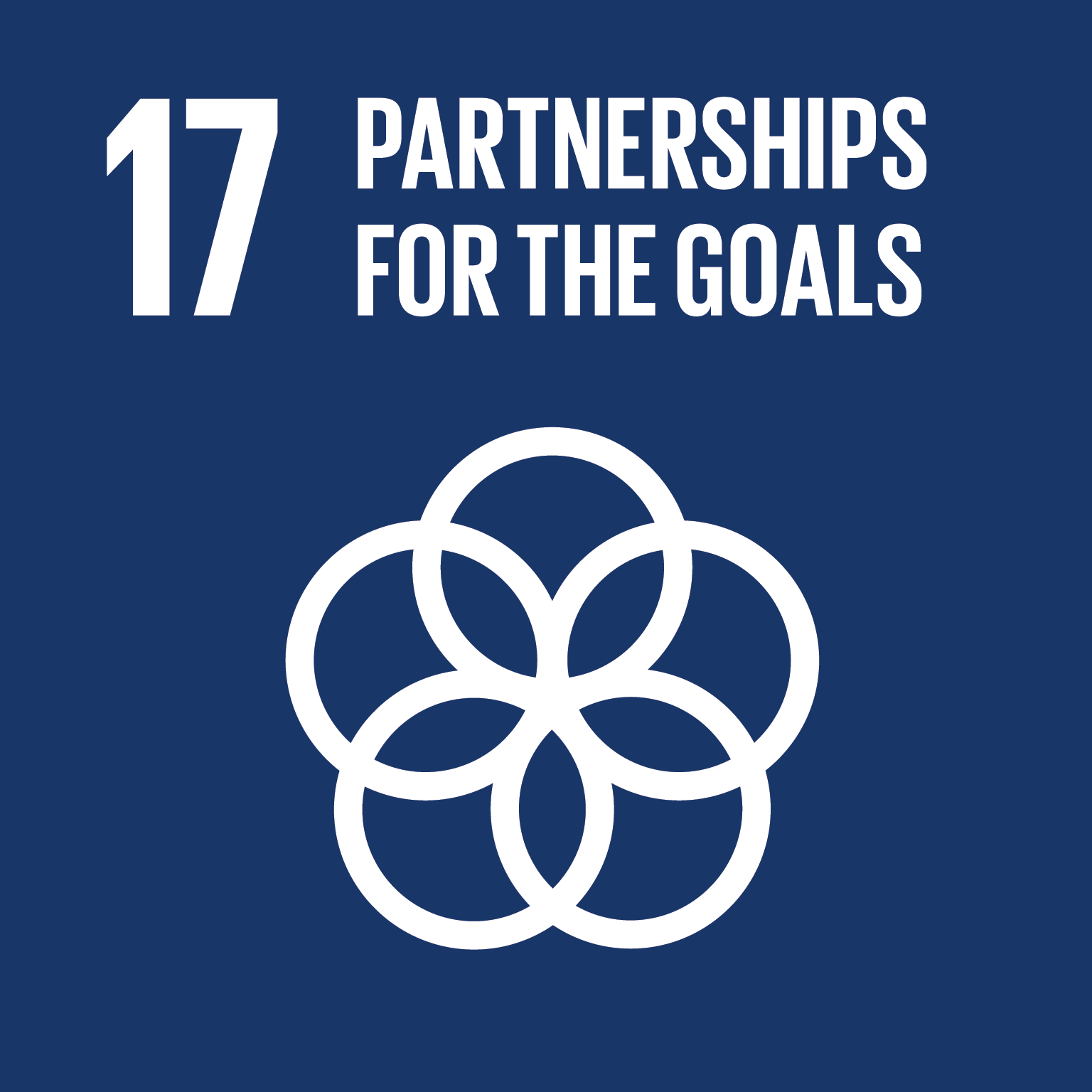
Only large networks of interdisciplinary partnerships and collaborators will be able to meet the many challenges presented by the growing development of antimicrobial resistance